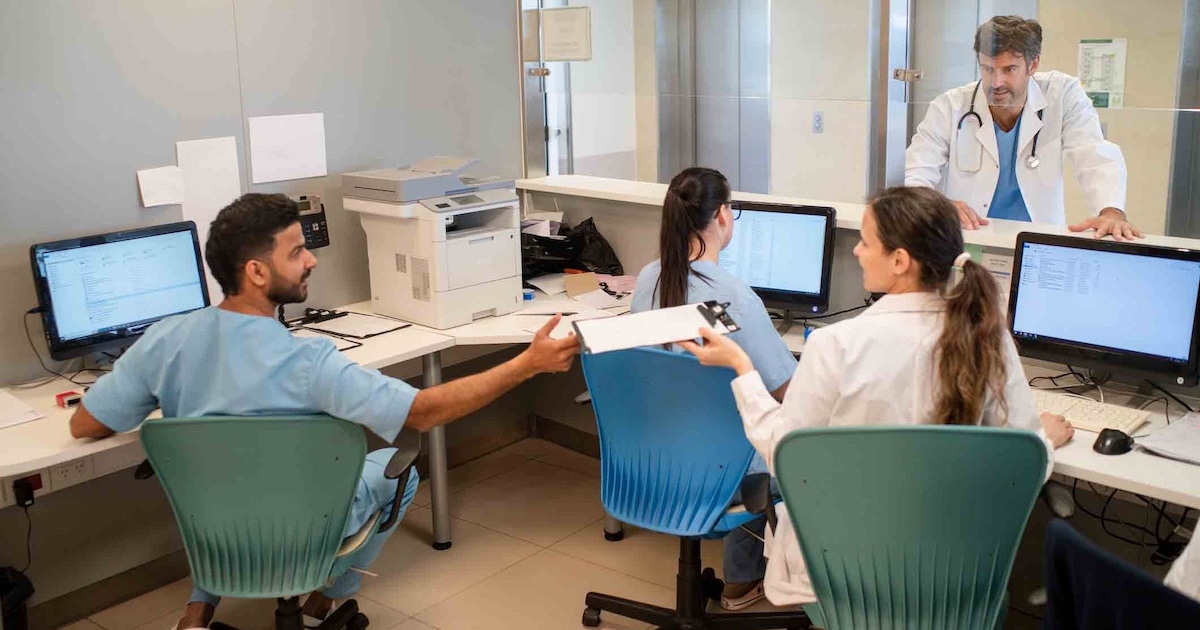Nick van Terheyden, MD, is chief medical information officer for Nuance, where he focuses on improving the usability of health technology for both providers and patients.
After several years as a medical practitioner in London and Australia, he joined an international who's who in healthcare, academia and business in the development of the first electronic medical record in the early 1990s and, later, as a business leader in one of the first speech recognition Internet companies.
Van Terheyden is a member of the HIMSS mHealth committee and a certified football (soccer) coach and referee as well as a purveyor of fine Scottish Malt whisky.
Q. What's the one promise of mHealth that will drive the most adoption over the coming year?
A. Patient engagement.
Q. What mHealth technology will become ubiquitous in the next 5 years? Why?
A. Quantified self or self-monitoring – there is pushback from doctors saying too much data but I don’t buy that.
Q. What's the most cutting-edge application you're seeing now? What other innovations might we see in the near future?
A. Real-time monitoring of key patient parameters. We have AliveCor for EKG and we are seeing glucose monitoring, and while mostly it is still stick-based we will see this move to continuous non-invasive tools. This will revolutionize the management of chronic disease, which is the elephant in every country's healthcare room.
Q. What mHealth tool or trend will likely die out or fail?
A. Neuroscience monitoring is a stretch – not because there is no validity but because our understanding of the workings of the brain is so nascent and underdeveloped, making any sense of the data is going to be next to impossible until we develop a much clearer understanding of the workings of the brain.
Q. What mHealth tool or trend has surprised you the most, either with its success or its failure?
A. I love the innovation around simple cameras that started with simple watching of the feed to determine movement (gone are the need for separate sensors for security).
Q. What's your biggest fear about mHealth? Why?
A. That it fails because of too much hype over delivery.
Q. Who's going to push mHealth "to the next level" – consumers, providers or some other party?
A. Consumers – by sheer numbers/volume.
Q. What are you working on now?
A. Speech-enabling mHealth – screen limitations prevent meaningful interactions. Speech turns finding into doing, and in the ubiquitous complexity of healthcare IT we are reinventing the relationship between people and technology.
Previous installments of our mHealth masters series:
Joe Kvedar's quest to personalize health
Deloitte's Harry Greenspun, MD on the promise of applied analytics
David Lee Scher sees bright future for wearables, just not smartwatches


